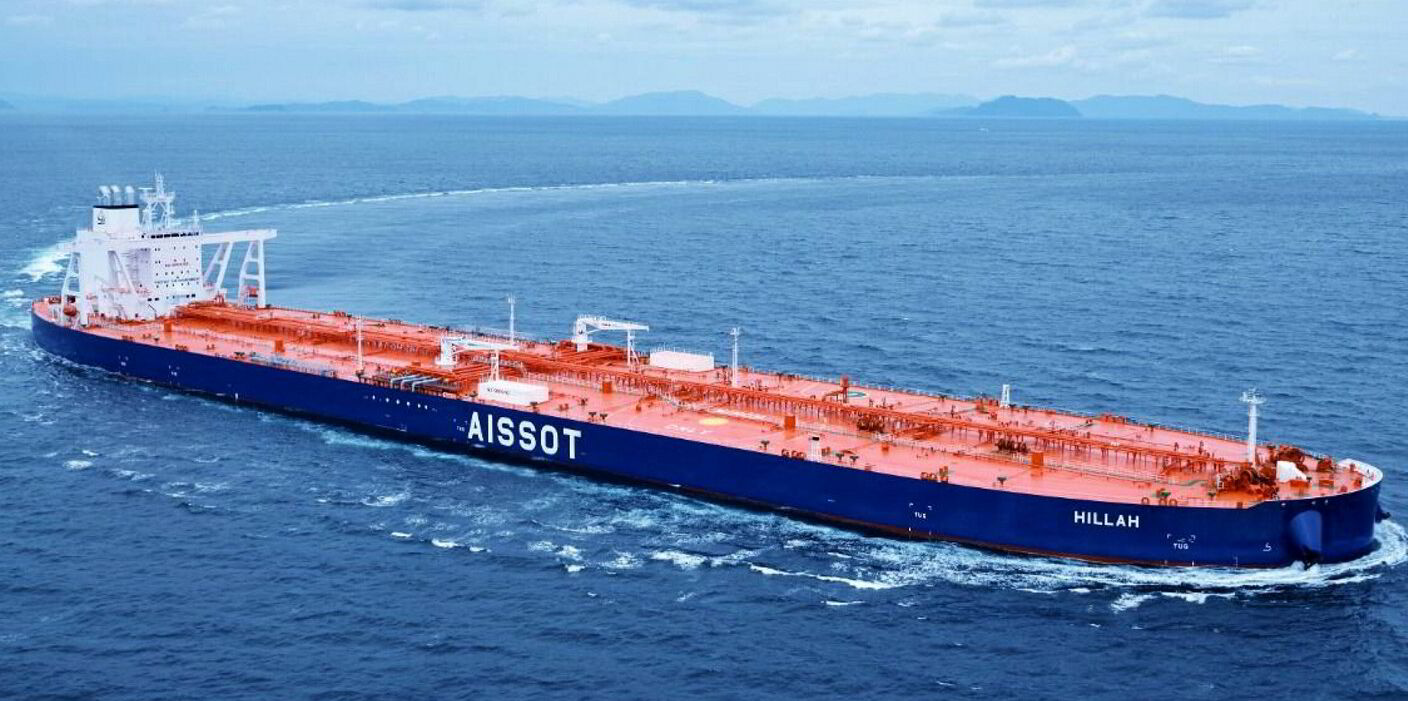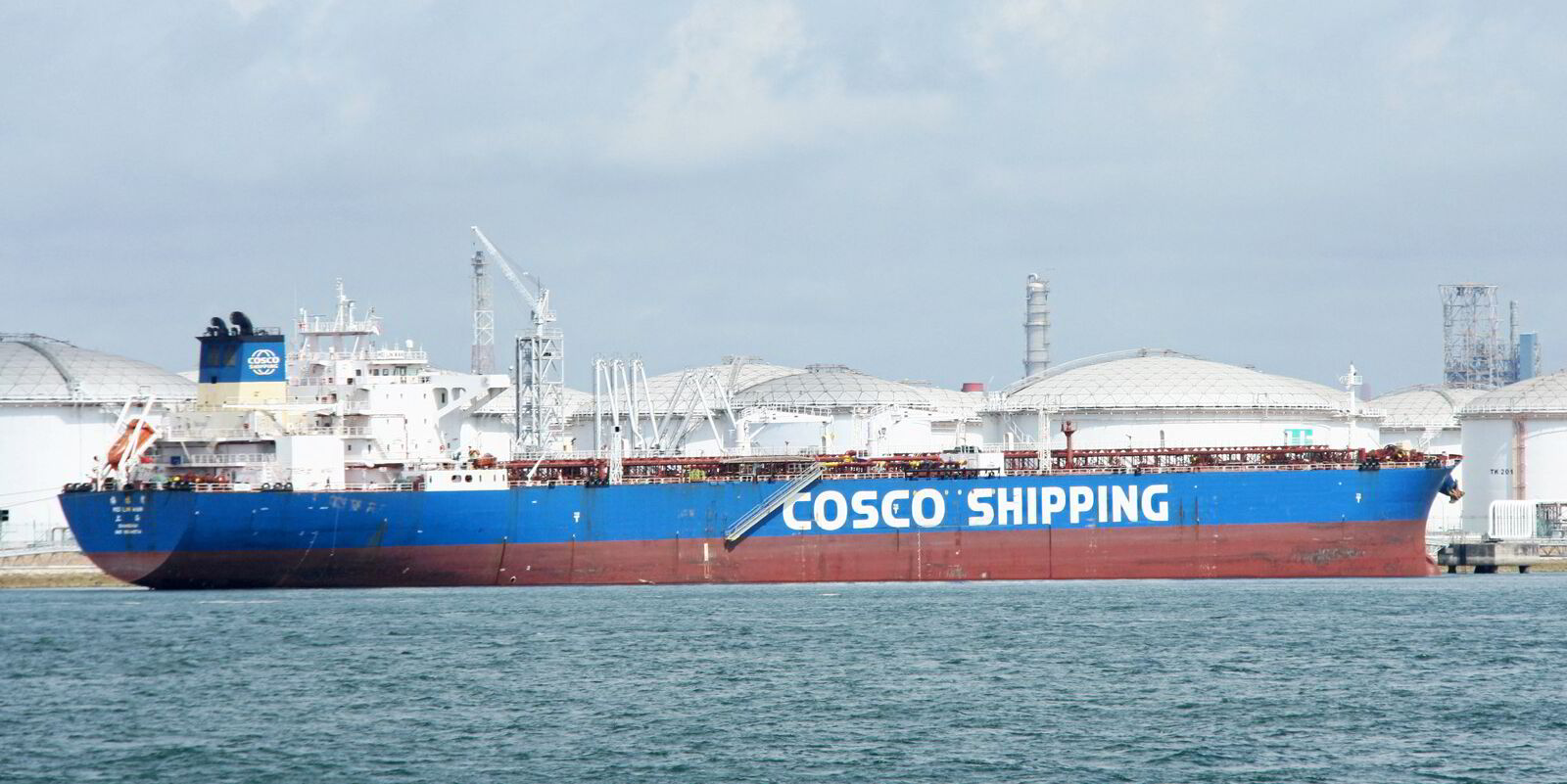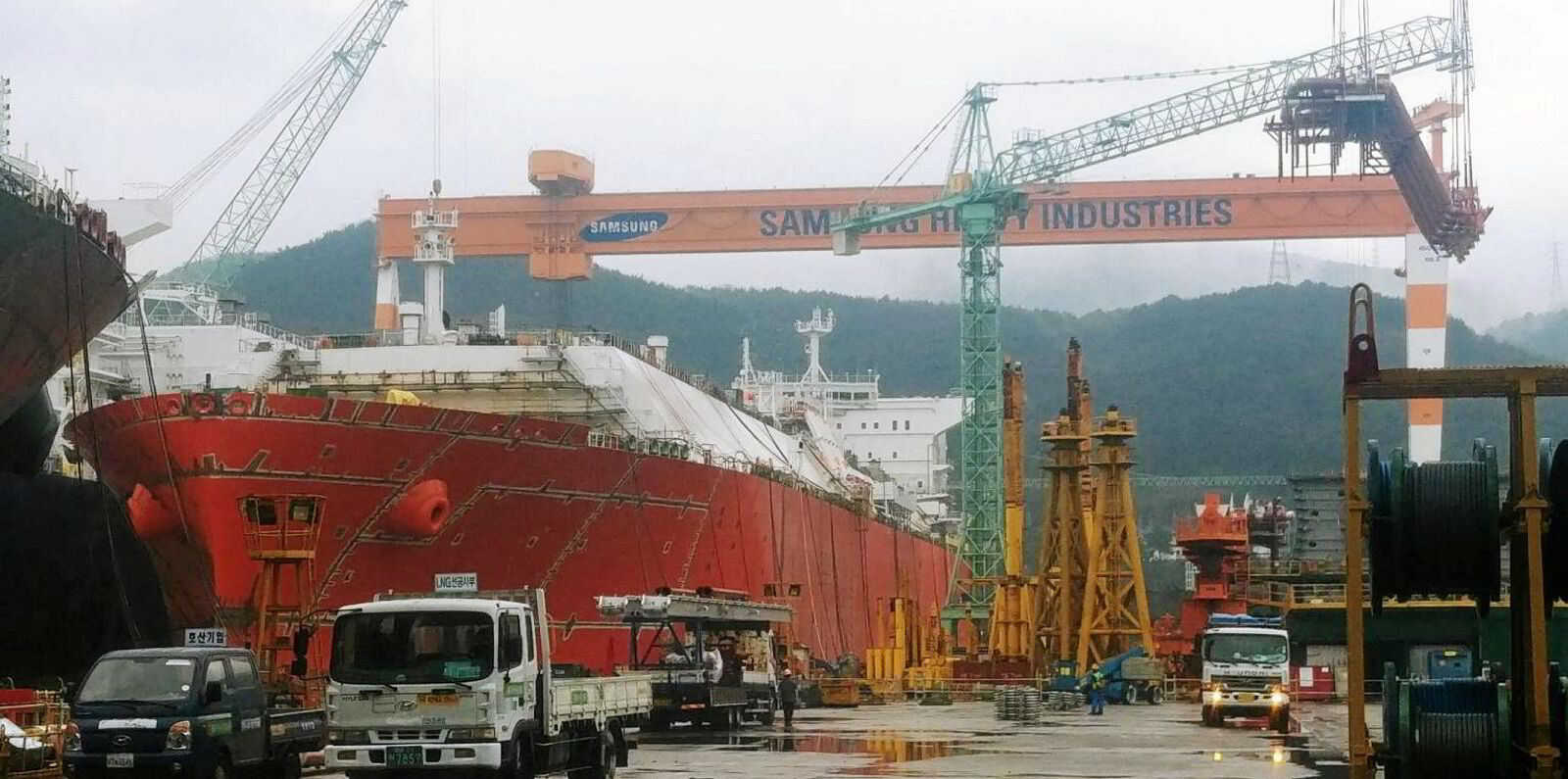Tanker rates are falling despite the northern hemisphere winter approaching, which normally brings a seasonal uptick.
The Baltic Dirty Tanker Index fell for the seventh consecutive day to 966 on Friday, with Greek chartering platform Signal pointing out that the growth of tonne-days has slowed.
The performance prompted Signal to deem November crucial in determining oil demand out of Asia.
“The first month of the fourth quarter concludes with a declining growth rate in tonne-days, with levels remaining below the annual average across all large vessel size categories,” Signal said in its weekly note.
“The sole positive aspect amid this weakness is that the lowest point was reached in the third quarter. Recent growth estimates indicate a more robust outlook, though they still fall short of sustaining the annual average momentum,” it said.
It said there were 71 VLCCs in the Middle East Gulf, two down from the annual average. But, Signal said there was a subtle upward trend in the region.
Not so in the Mediterranean, where Signal noted there were 54 suezmaxes in West Africa, six below the annual average.
For aframaxes it was a similar picture, where there were six fewer in the Mediterranean and two fewer in the Baltic Sea.
Falling ‘quicker than autumn leaves’
Fearnleys described VLCC rates as falling “quicker than autumn leaves” this week, while suezmax earnings failed to live up to the optimistic outlook and aframax rates have quietened.
Mid-week, Fearnleys assessed a VLCC sailing from the Middle East to China at Worldscale 32, a West Africa to US East Coast suezmax voyage at WS 92.5 and a cross-Mediterranean aframax trip at WS 120.
All were lower week on week.
The broker said Chinese charterers were looking to local owners for VLCC tonnage, obscuring prevailing rates and helping oil companies keep a lid on the market. The weakness has led some owners to send ships west looking for work.
Fearnleys said large chunks of the suezmax market were controlled by oil companies, who are benefiting from the difference in prices between chartering in and out, and aframaxes in the Black Sea and Mediterranean are beset by long tonnage lists.
On Friday, Clarksons assessed average VLCC rates at $39,200 per day, down 15% from last week.
Its average suezmax assessment hit $44,500 per day, down 6% week on week. Aframaxes slipped 12.6% to $35,200 per day.





